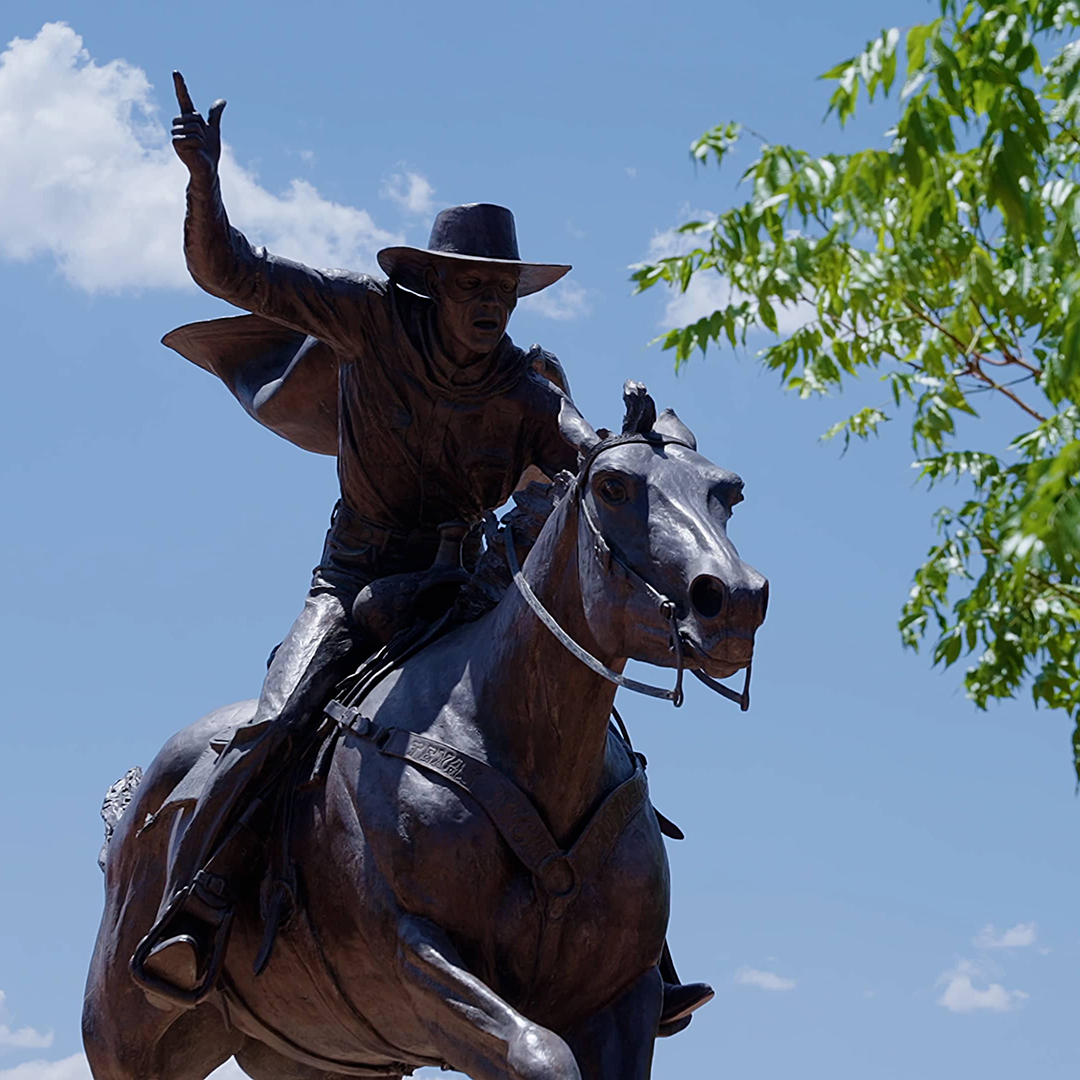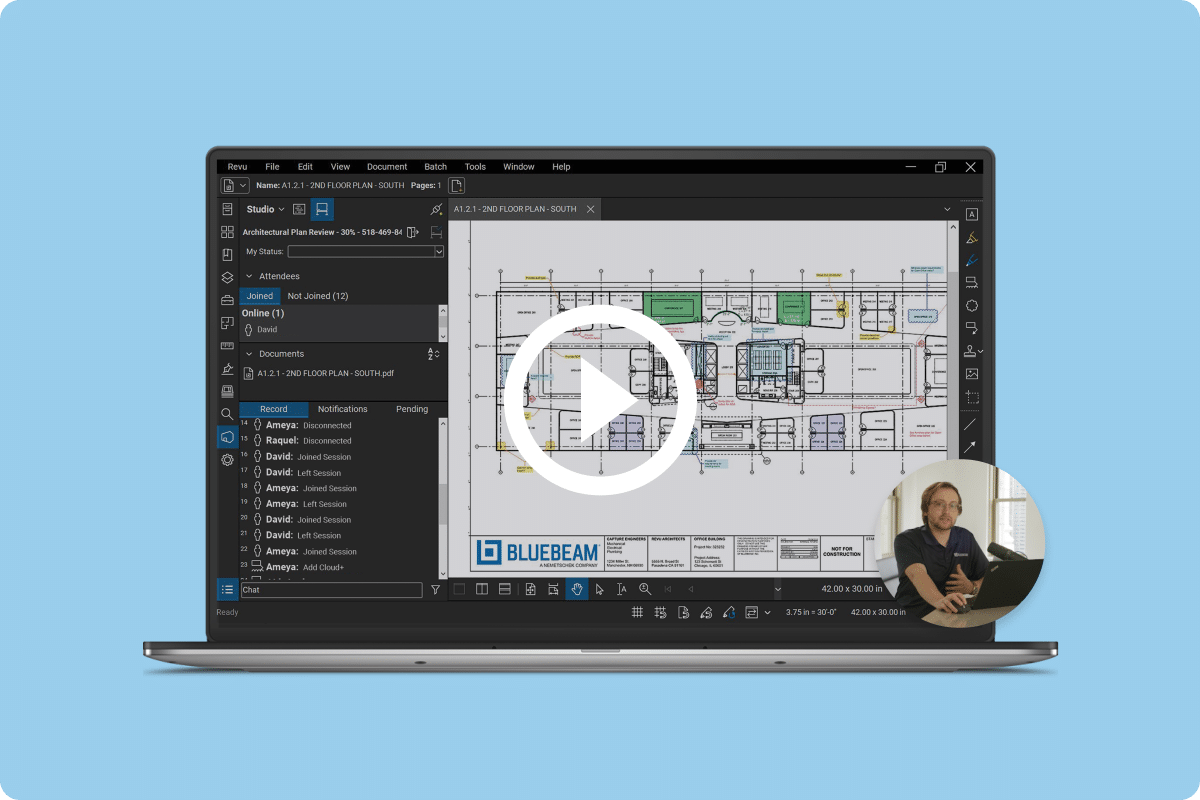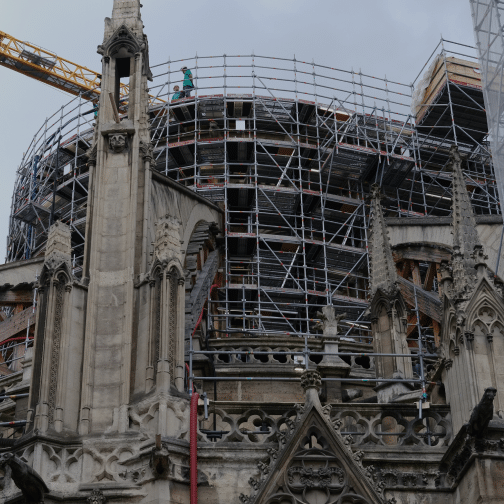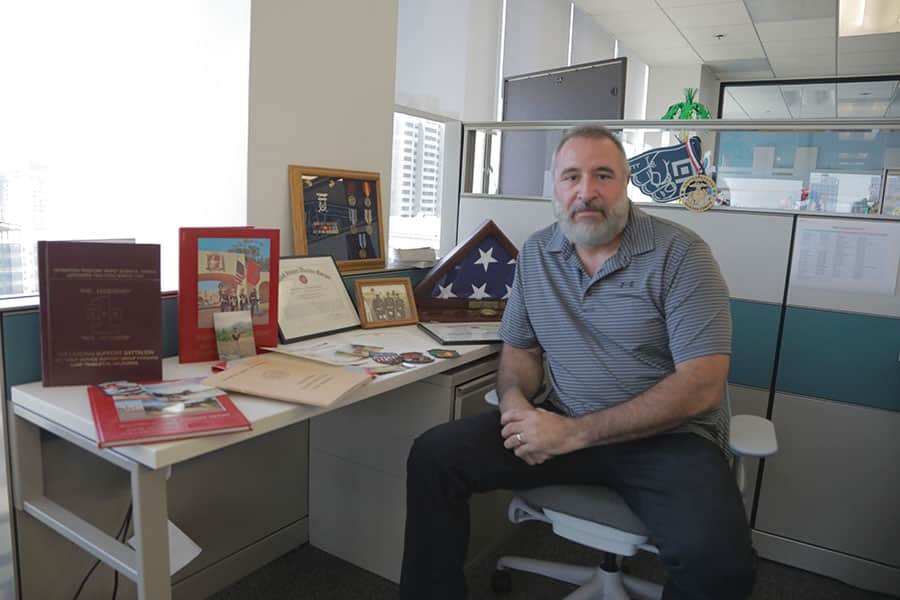Ernesto Obregon is a senior manager of enterprise and international support with construction technology company Bluebeam, but his career started with laying retaining walls—literally the first step of many construction projects.
From there, Obregon studied and learned every piece of computer technology he could get his hands on—from computer-aided manufacturing, CAD/CAM software applications and machine automation, to software programming languages and IT security and infrastructure technology.
If you ask him now, however, Obregon considers simply being able to work with people as his most valuable skill. Obregon said he learned that in one of the most difficult trades in the world: as a member of the United States Marine Corps.
“One thing I really learned in boot camp and in the Marine Corps was you have no idea who you’re going to be working with, people from all over the country, different backgrounds, different experiences,” Obregon said. “So just being able to work with such a diverse crowd of people I think really helped me outside of the Marine Corps.”
A family history of service
Obregon was born in Riverside, California, just outside of San Diego. His father, uncles and grandfather all served in the US Army. Obregon and two friends, however, had their hearts set on the Marines; in fact, they signed up together in 1990. “All through high school we were kind of prepped. We knew what was going to happen in bootcamp,” Obregon said. “We knew it was going to be tough, but it was actually pretty enjoyable for us.”
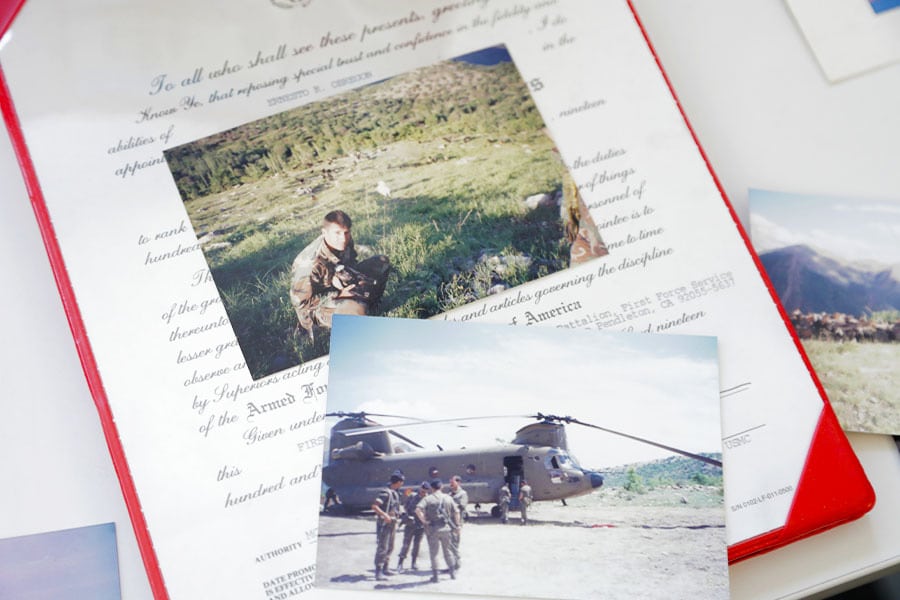
Once Obregon finished basic training, he went to Camp Lejeune in North Carolina for his Military Occupational Specialty (MOS) training. There, he learned logistics and support for large amphibious assault operations. “The job I had was more prevalent like in World War II, in Vietnam, where they actually assaulted beaches, blew up any obstacles on the beach, took command of the beach and would set up a base camp for the rest of the Marines and Navy to come aboard,” Obregon said.
But by 1990, the United States was engaged in very different military operations.
As a result, when Obregon completed his MOS training, he was deployed to a base in Japan, where he was assigned mechanic duties on heavy equipment. This was Obregon’s first exposure to the sort of heavy equipment he would later utilize during his construction career, and he discovered there was a much larger world of technology out there to be harnessed.
Afterward, Obregon spent a year at Camp Pendleton in San Diego before he was deployed to Kuwait at the beginning of the first Gulf War. There, Obregon took part in humanitarian missions to supply, and later return, the Kurds who fled their homes and towns following the main conflict with Iraqi dictator Saddam Hussein’s forces.
In that time, it was the people who impressed Obregon the most, and it was the people who he remembers from his service.
“While providing humanitarian assistance to the Kurdish people in the northern mountains of Iraq, we worked with a multinational coalition force, including France, Italy and Spain,” Obregon said. “We did not speak each other’s languages, but we needed to work together, so body language and hand signs were what got us through. It’s amazing what you can accomplish without understanding a word except sharing a common purpose. We’d get down to the Kurdish towns and homes, and they’d invite us into their houses, cook us dinner. They’d make us bread. They had the best bread, homemade bread in these Kurdish towns … I can still remember the smell and flavor of that bread and the food they had.”
Returning home
Following his final tour in Somalia, where he supplied humanitarian aid to refugees, Obregon’s four-year contract with the Marines came to an end. He hoped to remain in the service, but due to downsizing across the military, Obregon didn’t have that option.
Instead, at age 22, he returned to Riverside, and “being fresh out of the Marine Corps, my body was physically in perfect shape for this particular position where we built retaining walls by hand with blocks that literally weighed 130 pounds each all throughout Southern California.” But he knew from his time in the Marines he was capable of more technical work, and he wanted something more challenging.
“My dad was a machinist,” Obregon said, “and he had worked for the aerospace industry, and so I eventually wanted to find my way into what my dad was doing.” Obregon did exactly that, discovering that he was “fascinated by how those machines actually operated, how they were programmed,” Obregon said. “I just started learning everything I could about the CNC (computer numerical control) aspect, programming machines, setting up machines and tooling … it really turned machining into an art form.”
After a few years of studying and learning, Obregon worked alongside his father at McDonnell Douglas on C-17s, F-15s, Delta rockets and even the International Space Station.
Technology changed the game
Obregon absorbed everything he could about machining and industrial technology, but the contract nature of the work concerned him, so he started seeking more consistent opportunities. The timing was also right for Obregon’s experience and interest in machine technology.
“It was just that I got really lucky … it was a company that did software for CNC machines, factory automation and motion control,” Obregon said. “So, I had all the CNC machine and programing experience, everything that software was used for was everything that I have done in the past in the machine shop, but instead of controlling the machine from an operator’s perspective, I was actually now programming how those machines operate—PC-based motion control, HMI, internal logic, functions and routines, DSP-based motion controllers, digital, analog I/O, servos and digital feedback systems.”
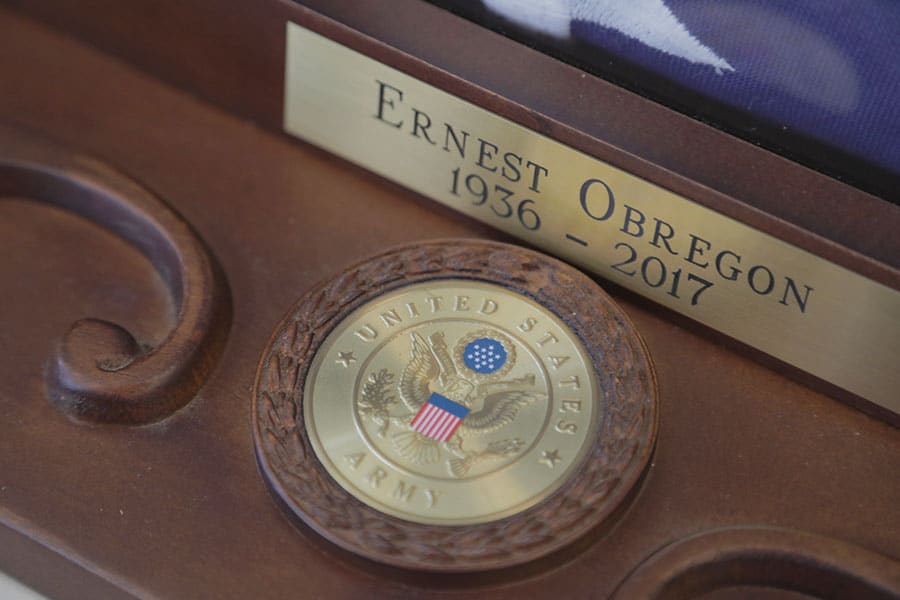
Obregon then spent 11 years as an applications controls engineer. “I did custom Windows development, all the HMI function, logic programming and hardware interfacing with software, the technical support, the documentation. I trained partners and machine builders, configured machine hardware, custom turnkey solutions … having all the training, all the documentation, customer-facing experience, troubleshooting issues with hardware and software just really set me up well for Bluebeam.”
Teamwork overcomes obstacles
Obregon brought all his knowledge together when he joined Bluebeam in 2014. He credits his experience in the Marine Corps as informing his approach as a leader and manager.
Specifically, Obregon points to the kind of interpersonal actions that were necessary when he was a Marine. “Being open, being honest, sharing information so everybody’s on the same page, so everyone can collaborate and communicate … I think all of that really helped me thrive as a manager here at Bluebeam because I was able to relate, I was able to share, be open to other people’s ideas and cultures.”
Today, Obregon manages several teams at Bluebeam, including in North America, Australia, Nordics, the UK and Germany. His military experience is the foundation of his construction management style.
As Obregon said, he works with “lots of different people, different personalities, different cultures … it all goes back to working with a diverse group of people in the Marine Corps.”
Above all, Obregon’s personal philosophy is teamwork. “We can get everything done with teamwork and everyone needs to get along. That’s how we accomplish things.”

